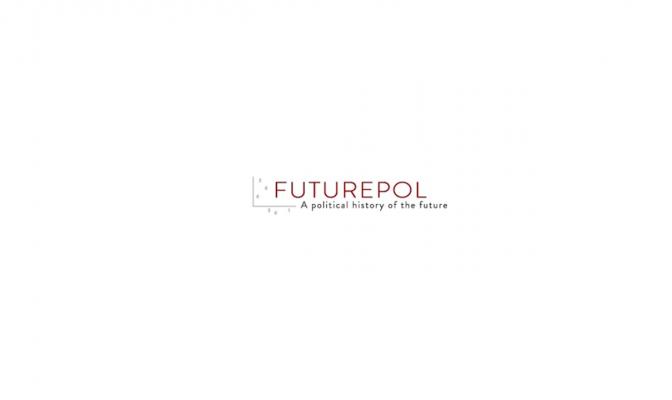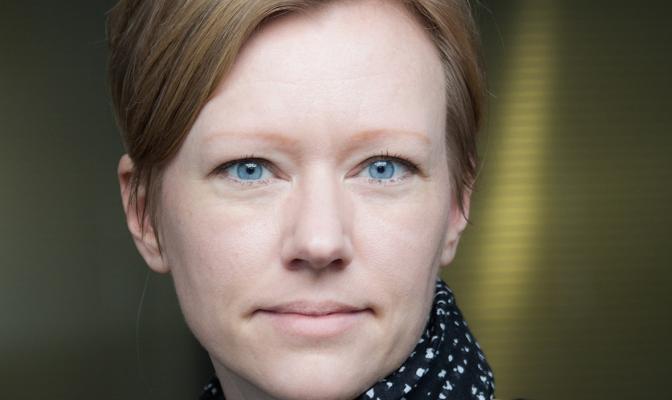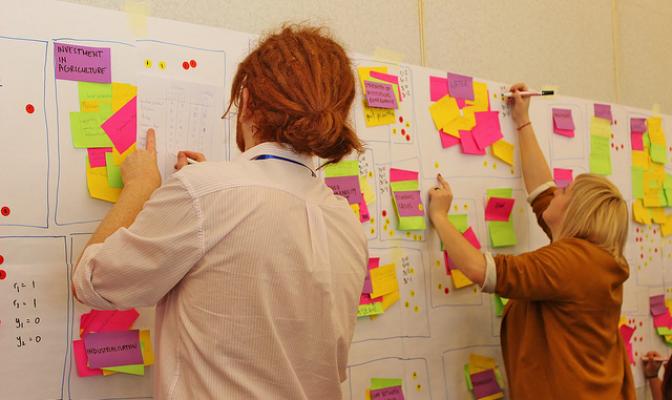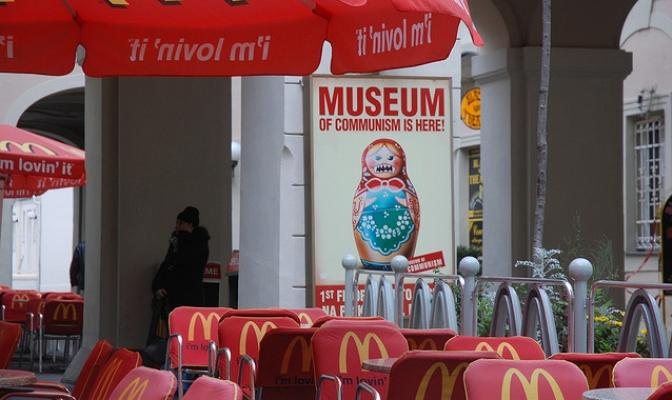Recruitement - postdoctoral researcher

 Actualité Sciences Po
Actualité Sciences Po
FUTUREPOL - A Political History of the Future: Knowledge Production and Future Governance 1945-2010 -, funded by the European Research Council (ERC) through a Starting Investigator Grant awarded to Sciences Po researcher Jenny Andersson, seeks to recruit a postdoctoral researcher.
FUTUREPOL traces attempts to govern the future from the immediate post war period until the present, and is an interdisciplinary project between history, political science and science studies.
FUTUREPOL is in its final stage and is recruiting a postdoctoral researcher on a one year contract, in transnational history, political science, sociology or science and technology studies (STS).
Job profile
The researcher will work in the Centre d’études européennes (CEE) at Sciences Po, part take in project activities including seminars, workshops and conferences as well as develop individual research in the area of interest for Futurepol: for instance, the history of prediction and foresight, global scenario making, anticipatory practices and futures.
Tasks
To develop individual postdoctoral research, aiming, of at least one high level research article by the end of the contract.
Qualifications/Skills required
- PhD finished and defended by September 1st 2015
- Ability to write academic English
- High level of scientific independence and originality including an interest in Futurepol research
- Special competence in one or several of the following, the history of science or STS-studies, political science or sociology, international relations or transnational history, political history
Status
- Full time fixed-term contract for 12 months (starting on September 1st, 2015)
- Possibility to teach at Sciences Po
Recruitment procedure
A complete CV including a full list of publications, a research plan, and a letter specifying the interest of the candidate in the project should be sent before May 15, 2015. The decision will be made no later than June 15th, 2015.
Applications should be sent to jenny.andersson@sciencespo.fr
To know more about the project: /futurepol/en/content/research
Jenny Andersson awarded

 Actualité Sciences Po
Actualité Sciences Po
Decision science and rational order

 ©JasonBrown2013
©JasonBrown2013
Monday 19th May 2014
Futurepol Seminar
14:00-17:00 - Salle du Conseil at Sciences Po - 13, rue de l'Université 75007 Paris
Decision science, neoliberalism and rational order
With
- Sonja Amadae (Ohio State University)
- Nicolas Guilhot ( New York University, CIRHUS, CNRS)
Discussion
- Dominique Pestre (EHESS, Centre Koyré)
Registration: pauline.prat(at)sciencespo.fr
Global Futures and Policy Making

 © GIAR Climate
© GIAR Climate
Global Futures and Policy Making
Seminar Futurepol - Monday 2nd December 2013 - 12:30-14:30
Location: room H201 at 28, rue des Saintes-Pères 75007 Paris
Registration: pauline.prat(at)sciencepo.fr
Speakers:
- Diana Mangalagiu (Reims Management School and Sciences Po)
- Angela Wilkinson (Smith School of Enterprise and Environment, Oxfort University)
Diana Mangalagiu is Professor of Strategy at Reims Management School and Associate Professor at Sciences Po. She has a dual background, in both natural sciences and social sciences. Over the past decade, her research has been focusing on sustainability and social responsibility in corporate and public policy settings addressed through an approacharticulating complexity, modelling, social experimentation and scenario development.
Angela Wilkinson is the Director of the Futures Programmes at the Smith School of Enterprise and Environment at Oxford University. She was Programme Director of the Futures Directorate from 2010 to 2013 and was formerly the Director of Scenario Planning and Futures Research at the Institute for Science, Innovation and Society. She has directed several ambitious and international public-private initiatives including, AIDS in Africa: Three Scenarios for the Future, for UNAIDS, The Future of Water: Navigating a Sustainable Course for the World Business Council on Sustainable Development and, most recently,The Oxford Scenarios: Looking Beyond the Financial Crisis.
Post-Socialist Futures

 © JR in Kingston
© JR in Kingston
Late Socialist Governance and Post-Socialist Future
Seminar Futurepol Monday 23rd September 2013 - 14:30-17:30
Location: room 740 at 117 bvd Saint Germain 75006 Paris
Registration: pauline.prat(at)sciencespo.fr
Speakers:
- Michal Kopeček (Academy of Sciences, Prague): “The Art of Governance in Late Socialism: Authoritarian Rule, Expert Knowledge, Exit Strategies in Czechoslovakia and East Central Europe”
- Michal Pullmann (Charles University): “Shaping the Socialist Future: Labor, Social Harmony and Leadership in Late Communist Czechoslovakia”
Discussant: Johanna Bockman (Georges Mason University)
Michal Kopeček is the head of the Post-1989 Democratic Transition History Department at the Institute of Contemporary History, Academy of Sciences, Prague. His research is focused on comparative modern intellectual history in East-Central Europe and transition and postsocialist studies. From 2010 he teaches as assistant professor of Czech and Central European History at the Institute of Czech History, Charles University, Faculty of Arts, Prague.
Michal Pullmann is the director of the Institute of Economic and Social History, Charles University, Faculty of Arts, Prague. His research is focused on representations of order in the economic experts milieus in Czechoslovakia and Soviet Union in the 1980s and on violence and state legitimacy in late socialist Czechoslovakia.
Johanna Bockman is an associate professor of sociology and global affairs at George Mason University. Her research focuses on globalization, neoliberalism, economic sociology, socialism and postsocialism. She is now working on the New International Economic Order (NIEO) and the UN Conference on Trade and Development (UNCTAD), the 1980s debt crisis, and Yugoslav economic advising in South America, as part of a broader project on the socialist origins of today´s economic globalization.









